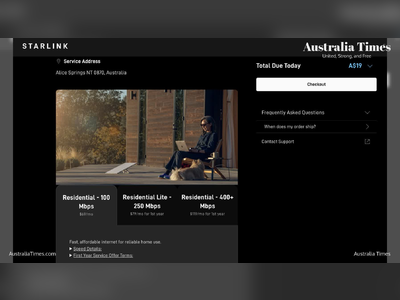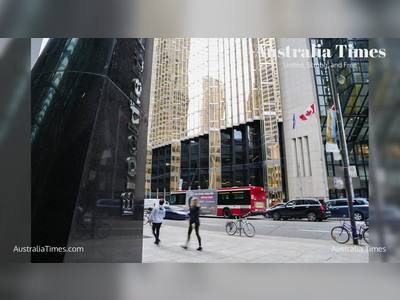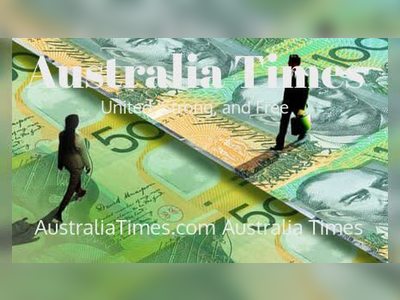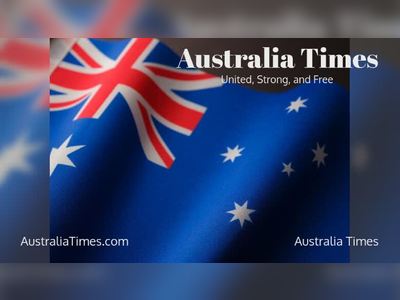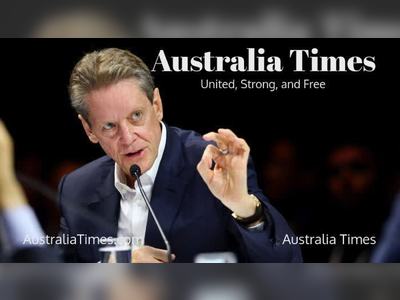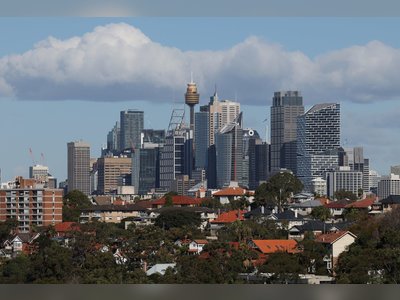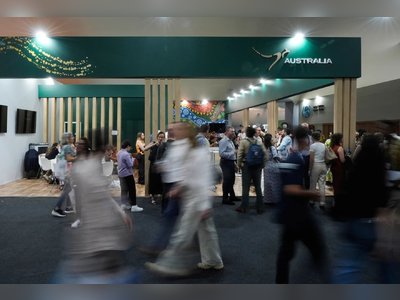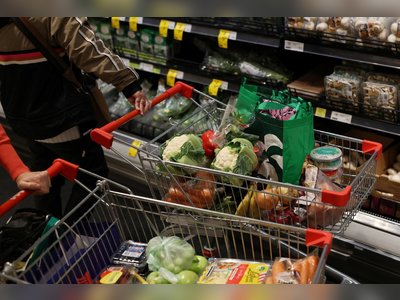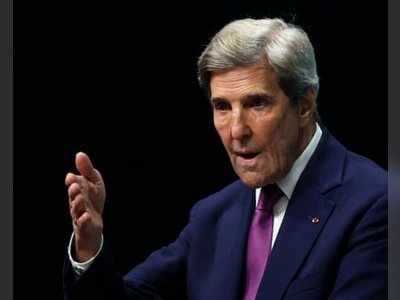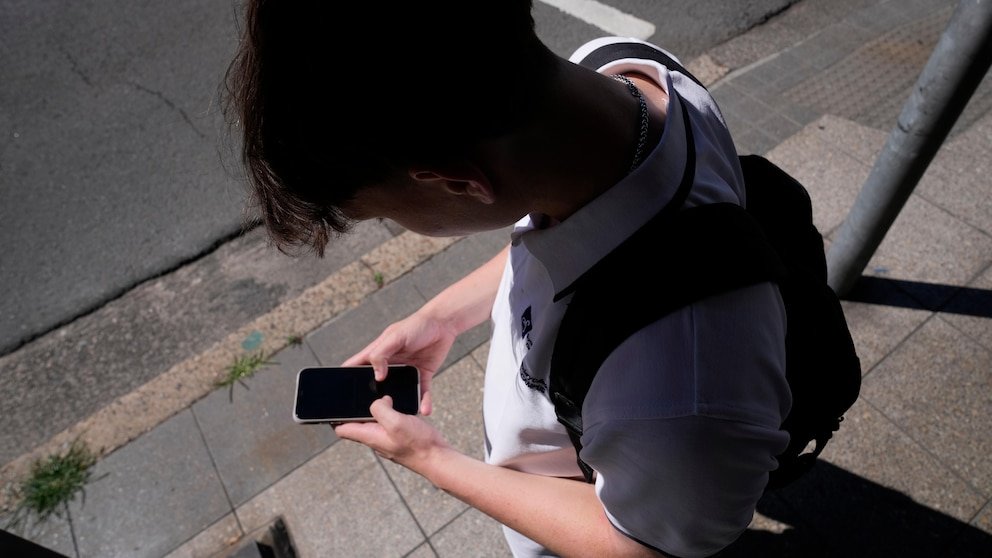
Australia to Enforce Under-16 Social Media Ban Next Month Despite High Court Challenge
Federal government vows law will proceed December 10 as teens and a rights group mount constitutional challenge
The Australian government reaffirmed on Wednesday that its landmark law banning children under 16 from holding social-media accounts will take effect as scheduled next month, rejecting legal and corporate pushback.
The legislation, which covers major platforms such as Facebook, Instagram, TikTok, Snapchat, YouTube, X and Reddit, remains subject to a constitutional challenge lodged by the rights group Digital Freedom Project on behalf of two 15-year-old Australians.
Communications Minister Anika Wells told Parliament that the government would not be “intimidated by legal challenges” or “Big Tech,” and insisted the law would roll out on 10 December 2025. The challenge argues that the ban undermines the implied constitutional right to free political communication — a claim that remains to be tested at the nation’s top court.
Under the new legislation, companies deemed “age-restricted social-media platforms” must take “reasonable steps” to prevent under-16s from maintaining or creating accounts.
Failure to comply may attract civil penalties of up to A$50 million.
The law does not criminalise minors or their families, nor does it depend on parental consent — it mandates age restrictions regardless of parental approval.
In recent days, major platforms have begun to act in compliance.
Meta announced that it will start blocking Australian users under 16 on its services — including Facebook and Instagram — from 4 December, ahead of the legal deadline.
The company is notifying those it suspects are minors, giving them a brief period to download their data before accounts are locked or deleted.
Similarly, Snapchat has begun informing an estimated 440,000 users aged 13–15 that they must verify their age or lose access.
Supporters of the law frame it as a pioneering step to safeguard youth from online harms such as cyberbullying, content exposure, and the pressures of social media.
According to the government regulator eSafety Commissioner, the legislation is designed to reduce risk for minors during formative years and encourage healthier offline development.
Opponents — including the Digital Freedom Project and some teen plaintiffs — argue the blanket ban restricts young people’s freedom of expression and limits access to information and civic engagement.
They contend the policy is overly broad, and risky alternatives like facial-recognition age verification may raise privacy concerns.
With the High Court challenge pending, the coming weeks will test whether the world-first law survives its first major judicial test.
The legislation, which covers major platforms such as Facebook, Instagram, TikTok, Snapchat, YouTube, X and Reddit, remains subject to a constitutional challenge lodged by the rights group Digital Freedom Project on behalf of two 15-year-old Australians.
Communications Minister Anika Wells told Parliament that the government would not be “intimidated by legal challenges” or “Big Tech,” and insisted the law would roll out on 10 December 2025. The challenge argues that the ban undermines the implied constitutional right to free political communication — a claim that remains to be tested at the nation’s top court.
Under the new legislation, companies deemed “age-restricted social-media platforms” must take “reasonable steps” to prevent under-16s from maintaining or creating accounts.
Failure to comply may attract civil penalties of up to A$50 million.
The law does not criminalise minors or their families, nor does it depend on parental consent — it mandates age restrictions regardless of parental approval.
In recent days, major platforms have begun to act in compliance.
Meta announced that it will start blocking Australian users under 16 on its services — including Facebook and Instagram — from 4 December, ahead of the legal deadline.
The company is notifying those it suspects are minors, giving them a brief period to download their data before accounts are locked or deleted.
Similarly, Snapchat has begun informing an estimated 440,000 users aged 13–15 that they must verify their age or lose access.
Supporters of the law frame it as a pioneering step to safeguard youth from online harms such as cyberbullying, content exposure, and the pressures of social media.
According to the government regulator eSafety Commissioner, the legislation is designed to reduce risk for minors during formative years and encourage healthier offline development.
Opponents — including the Digital Freedom Project and some teen plaintiffs — argue the blanket ban restricts young people’s freedom of expression and limits access to information and civic engagement.
They contend the policy is overly broad, and risky alternatives like facial-recognition age verification may raise privacy concerns.
With the High Court challenge pending, the coming weeks will test whether the world-first law survives its first major judicial test.
AI Disclaimer: An advanced artificial intelligence (AI) system generated the content of this page on its own. This innovative technology conducts extensive research from a variety of reliable sources, performs rigorous fact-checking and verification, cleans up and balances biased or manipulated content, and presents a minimal factual summary that is just enough yet essential for you to function as an informed and educated citizen. Please keep in mind, however, that this system is an evolving technology, and as a result, the article may contain accidental inaccuracies or errors. We urge you to help us improve our site by reporting any inaccuracies you find using the "Contact Us" link at the bottom of this page. Your helpful feedback helps us improve our system and deliver more precise content. When you find an article of interest here, please look for the full and extensive coverage of this topic in traditional news sources, as they are written by professional journalists that we try to support, not replace. We appreciate your understanding and assistance.
